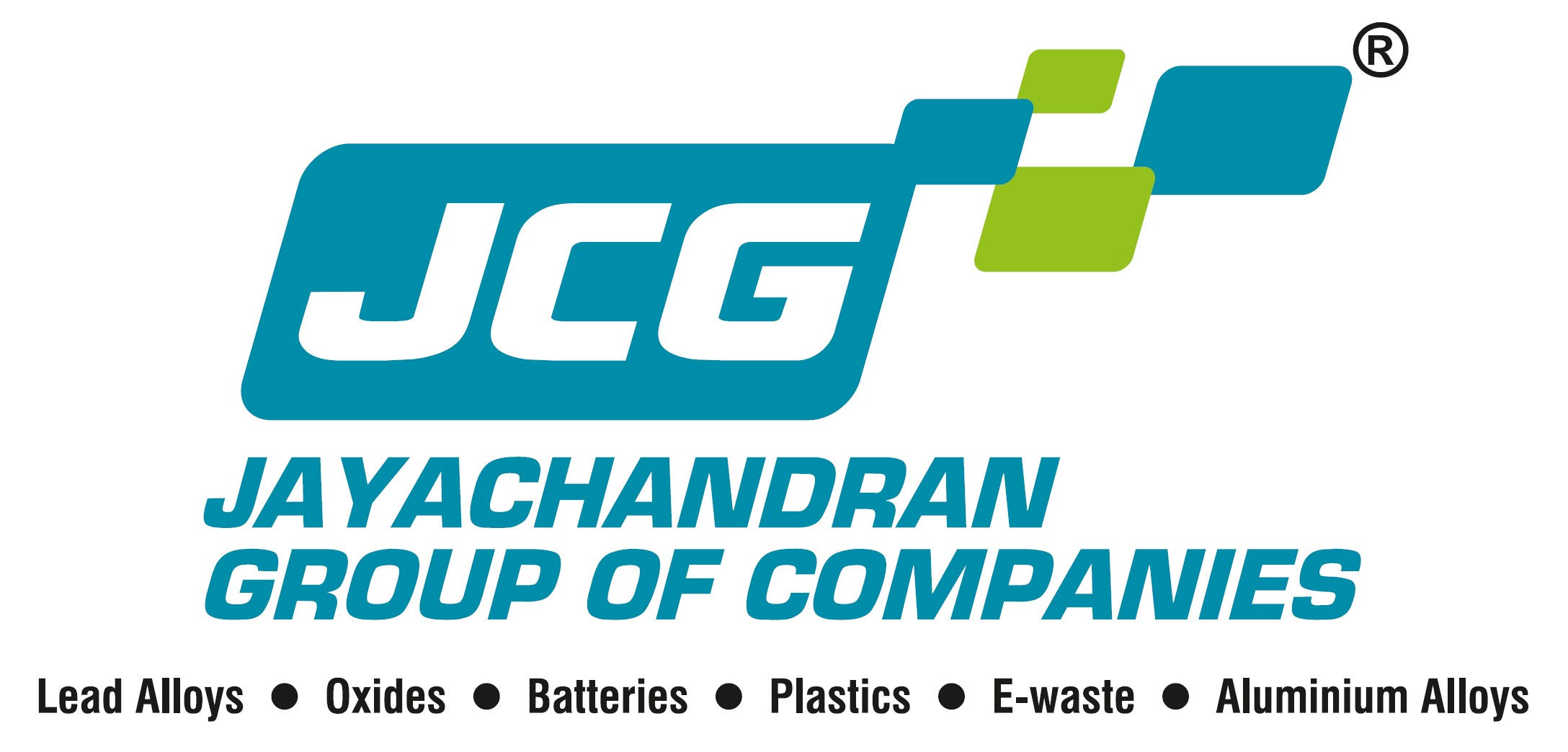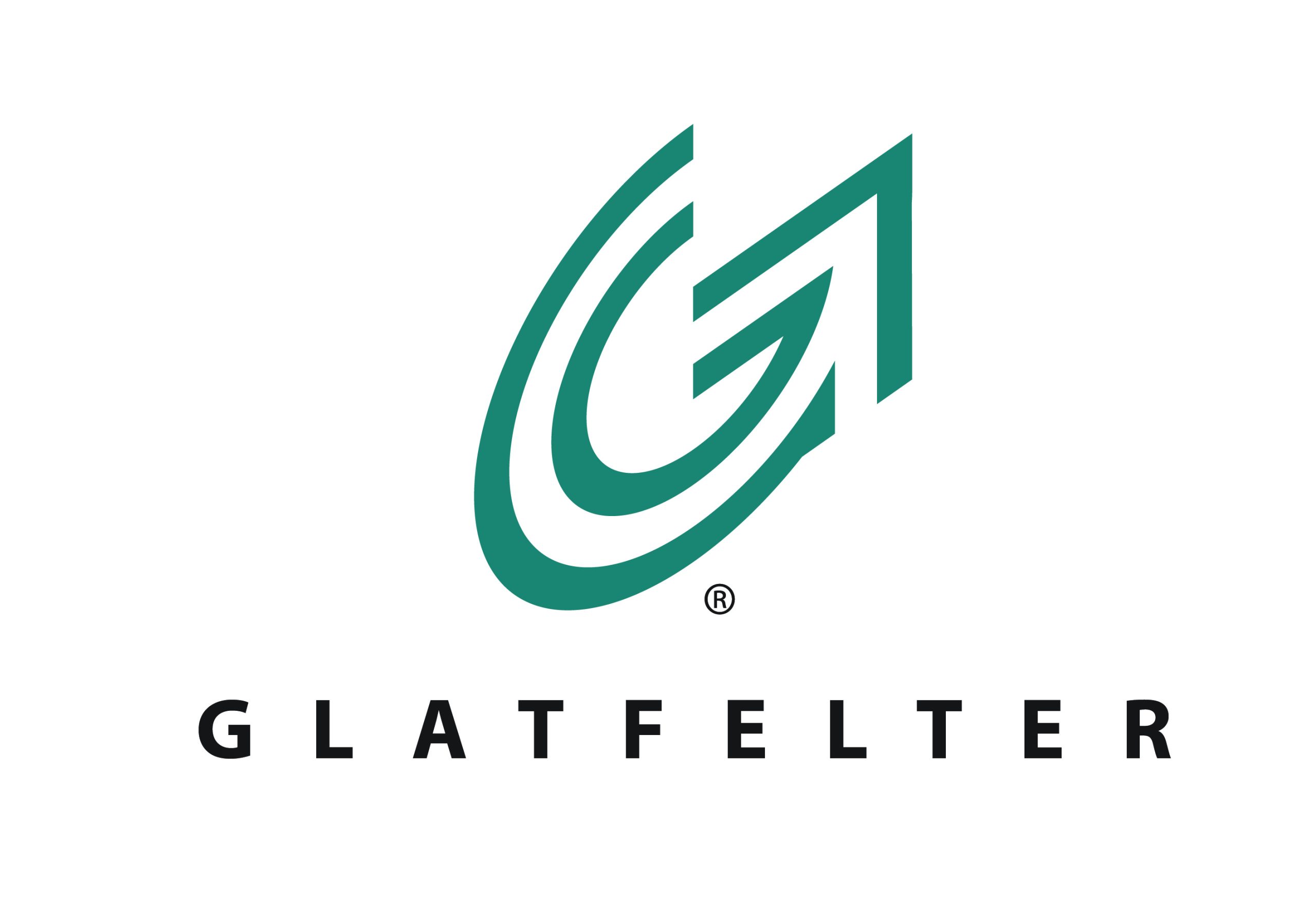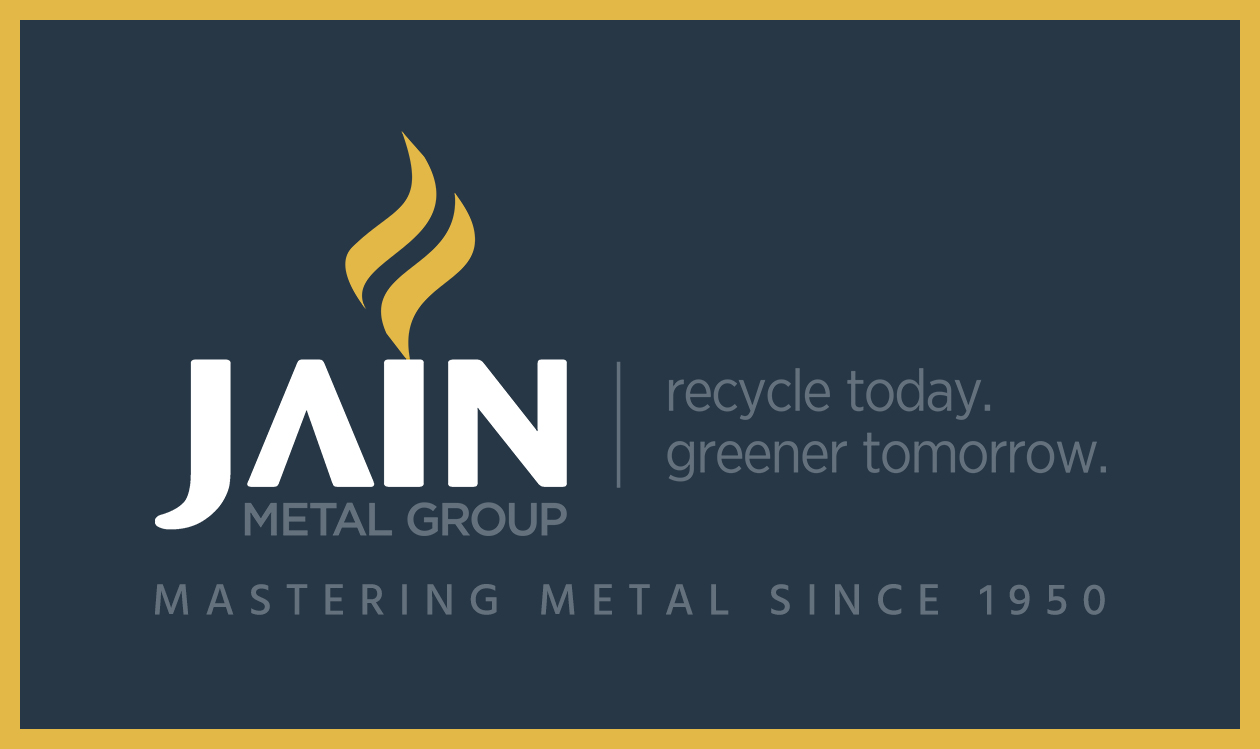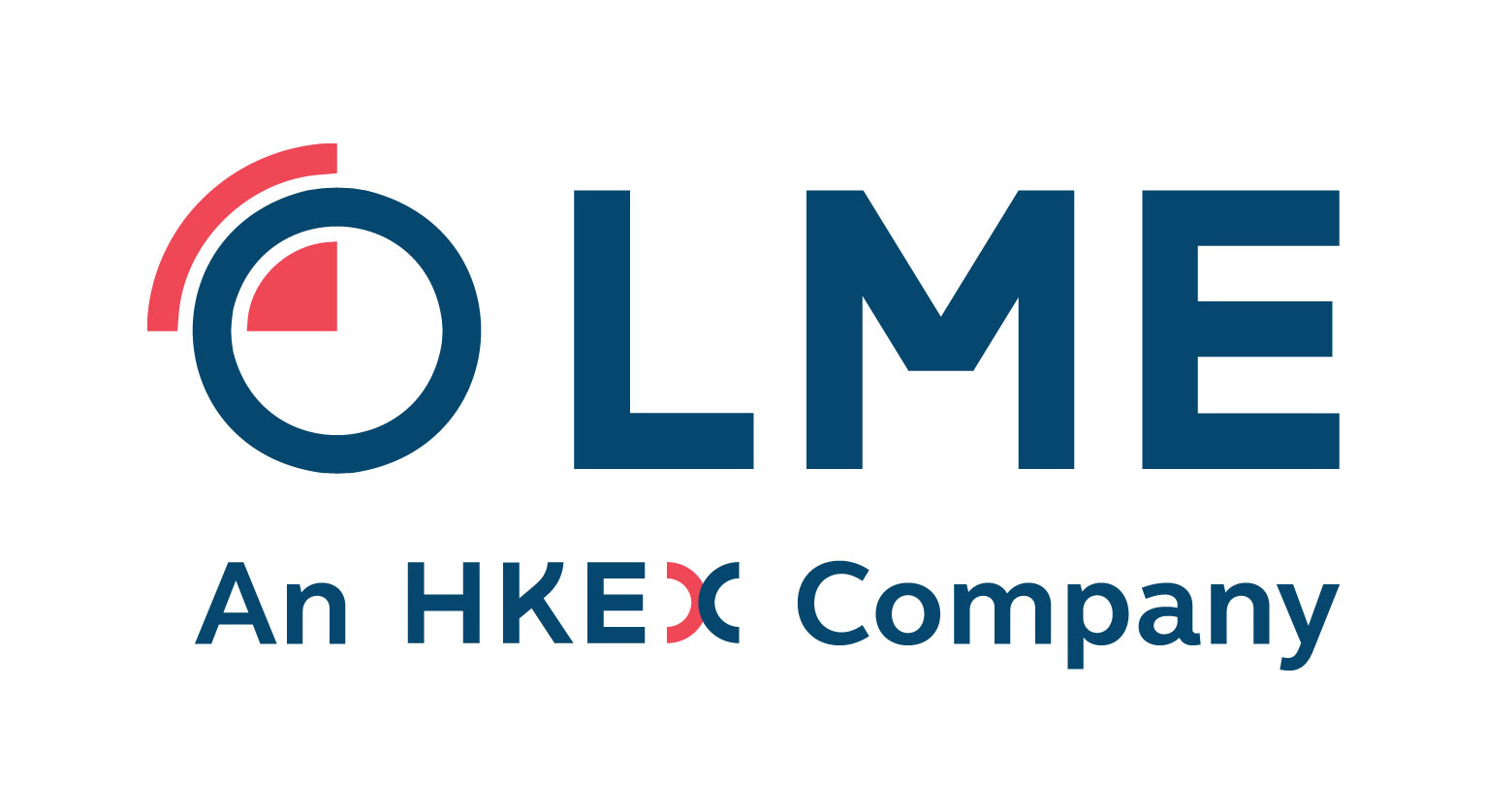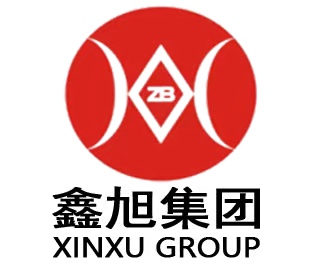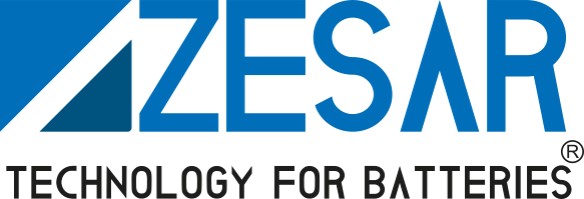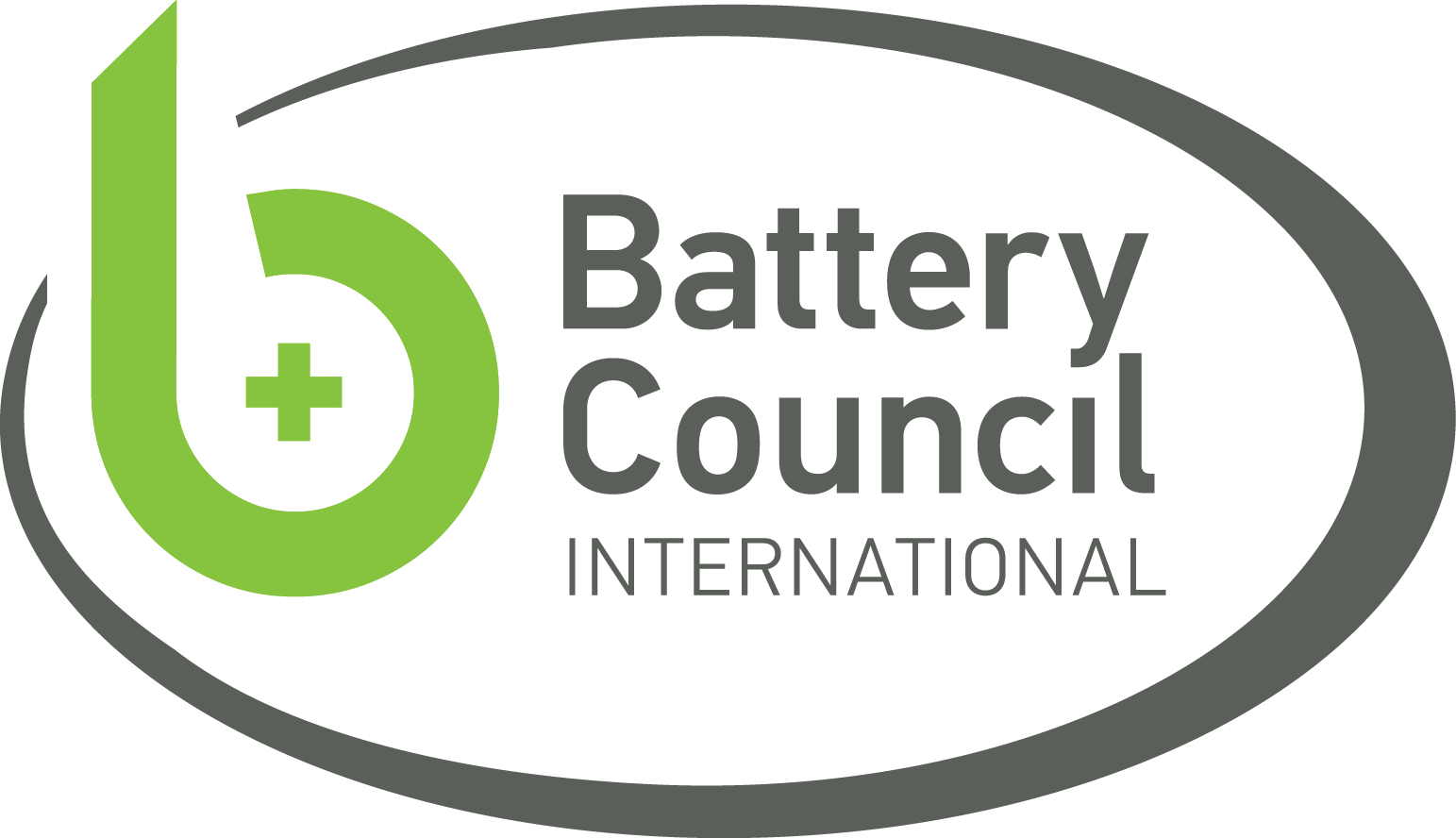Lead‒acid batteries are widely used for various applications, including backup power, renewable energy storage, automotive starting and electric vehicle (traction) applications. Achieving ultra-low internal resistance is essential for improving battery performance and extending battery life to offer advantages such as fast charging, extended runtime, cold storage, and energy savings.
Several factors contribute to ultra-low internal resistance, such as the use of carbon nanotube additives, low electrical resistance phenolic resin separators, and thinner plate construction. The addition of carbon nanotube additives to the active material in lead‒acid batteries has been shown to improve conductivity and reduce internal resistance. The use of low electrical resistance phenolic resin separators in lead‒acid batteries has also been shown to significantly reduce internal resistance. These separators allow for faster charging and discharging, prevent the formation of dendrites, and contribute to low internal resistance. Thinner plate construction is another design improvement that can significantly reduce internal resistance. Thinner plates offer increased surface area and shorter diffusion distances for ions and electrons. All these design features in combination with a good manufacturing process control is crucial in achieving ultra-low internal resistance in lead‒acid batteries. This involves the use of quality materials, tightly controlled manufacturing processes, and thorough quality control measures.
This presentation gives an inside view of the basic battery design and discusses the advantages in performance with these advances in lead‒acid battery design.
Presenters

Kalyana Sundaram is currently serving as the Technical Manager at Eternity Technologies. He is a highly experienced professional in the energy storage industry, with over 15 years of expertise in quality control, process control, new product development, and product testing.
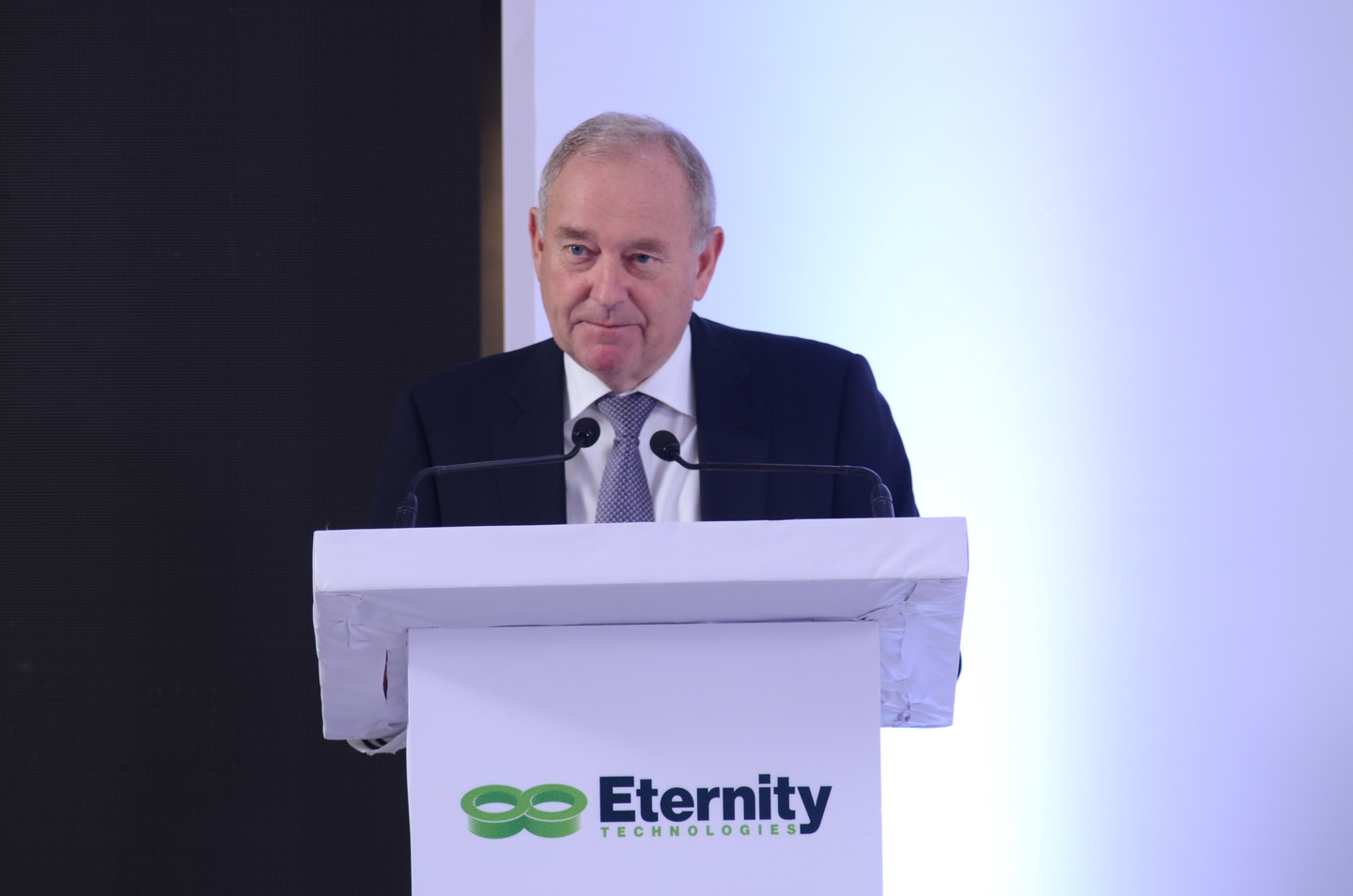
Mark Stevenson has held numerous senior management positions in the lead acid battery business over his 50 years in the industry . His doctorate is in the morphology of the positive active mass during the electrochemical formation relating to industrial lead acid batteries. Has led the start up of Eternity Technologies based in the UAE and is currently the CEO.



